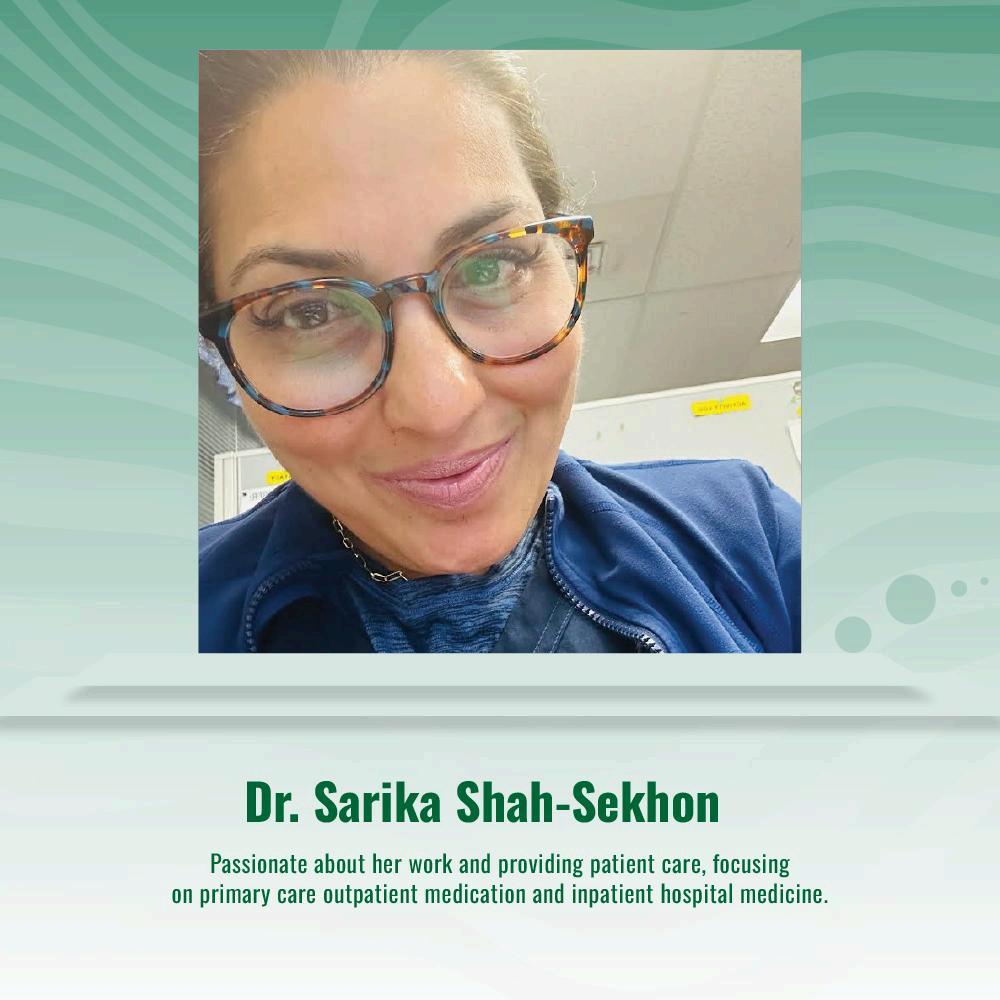Mastering Outpatient Medication Plans for Better Outcomes by
Dr. Sarika Shah-Sekhon

Mastering outpatient medication plans is crucial for achieving better healthcare outcomes, yet it often receives less attention than it deserves Proper medication management outside the hospital setting is pivotal in recovery, chronic disease control, and preventing hospital readmissions. Patients leaving a clinical environment typically face the challenge of maintaining consistent medication adherence without
the immediate supervision of healthcare providers. As defined by Dr. Sarika Shah-Sekhon, this transition can be stressful, especially when multiple prescriptions are involved For this reason, healthcare professionals must design medication plans that are simple, clear, and customized to the individual’s lifestyle and health conditions. Education is key patients must fully understand each medication's purpose, timing, and potential side effects to feel empowered in their treatment journey
An effective strategy to master outpatient medication management involves a comprehensive understanding of the patient’s daily routine and possible barriers to adherence Some patients might struggle with memory issues, financial constraints, or lack of access to pharmacies. Others may face language barriers that complicate prescription instructions To address these challenges, clinicians should offer tools such as pill organizers, digital reminders, and easy-to-follow written instructions Regular follow-up, whether through phone calls, telehealth check-ins, or in-person visits, also strengthens adherence by providing patients with support and opportunities to clarify doubts Pharmacy synchronization services can enhance consistency by aligning all prescription refills to a single pickup date, reducing the chances of missed doses
Technology has made it easier to monitor and adjust outpatient medication plans dynamically. Smart pill bottles, mobile apps, and electronic medical records allow healthcare teams to spot gaps in adherence early and intervene promptly However, technology is only part of the solution Building a strong patient-provider relationship remains fundamental When patients feel heard and respected, they are more likely to share concerns about side effects, difficulty affording medications, or uncertainty about instructions This honest communication leads to timely adjustments in the medication plan and ultimately better health outcomes
Mastering outpatient medication plans takes ongoing effort, thoughtful planning, and genuine collaboration between healthcare providers and patients Healthcare systems can dramatically improve treatment success rates and enhance patient satisfaction with the right strategies Better outpatient medication management is not just about handing out prescriptions it is about creating an environment where patients can successfully navigate their healthcare journeys outside the hospital walls.
